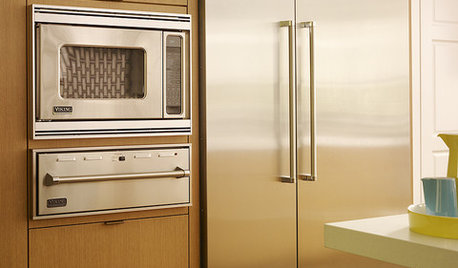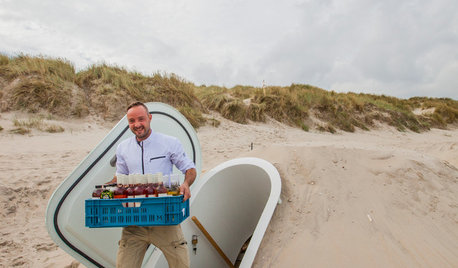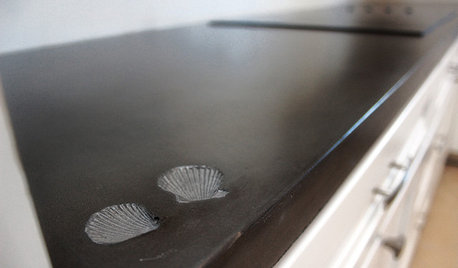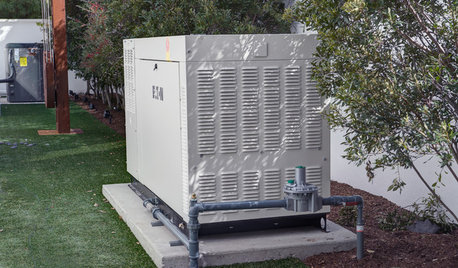Consumer Reports To Develop Front Loader Vibration Test
svcmgr
17 years ago
Related Stories

THE HARDWORKING HOMECES 2015: Inching Toward a Smarter Home
Companies are betting big on connected devices in 2015. Here’s a look at what’s to come
Full Story
SAVING WATER11 Ways to Save Water at Home
Whether you live in a drought-stricken area or just want to help preserve a precious resource, here are things you can do to use less water
Full Story
CONTRACTOR TIPSYour Complete Guide to Building Permits
Learn about permit requirements, the submittal process, final inspection and more
Full Story
KITCHEN DESIGNA Cook’s 6 Tips for Buying Kitchen Appliances
An avid home chef answers tricky questions about choosing the right oven, stovetop, vent hood and more
Full Story
HOME TECHThe Inevitable Future of Drones Around Your Home
As Google joins the push for airborne deliveries, it seems only a matter of time before neighborhoods are buzzing with drones. Is that OK?
Full Story
GREEN BUILDINGThe Big Freeze: Inventors Break New Ground to Keep Things Cool
Old-fashioned fridges can be energy guzzlers, but there are more eco-friendly ways of keeping food fresh, as these global innovations show
Full Story
KITCHEN COUNTERTOPSElephants of the Kitchen? What to Know About Concrete Counters
Concrete countertops are beautiful, heavy and cool — and have their own peculiarities. And a lot in common with certain gray pachyderms
Full Story
KITCHEN DESIGNSo Over Stainless in the Kitchen? 14 Reasons to Give In to Color
Colorful kitchen appliances are popular again, and now you've got more choices than ever. Which would you choose?
Full Story
LIFELate Again? Eliminate the Things Holding You Up in the Morning
If you find yourself constantly running late for appointments, work and get-togethers, these tips could help
Full Story
DISASTER PREP & RECOVERYMore Power to You: How to Pick the Right Generator
If your home's electricity goes, don't let it take your necessities with it — keep systems running with this guide to backup power
Full StoryMore Discussions









tl45
svcmgrOriginal Author
Related Professionals
Wood River Kitchen & Bathroom Remodelers · Chicago Ridge Kitchen & Bathroom Remodelers · Emeryville Kitchen & Bathroom Remodelers · Eureka Kitchen & Bathroom Remodelers · Ewa Beach Kitchen & Bathroom Remodelers · National City Cabinets & Cabinetry · Red Bank Cabinets & Cabinetry · Mission Viejo Custom Closet Designers · Alexandria Flooring Contractors · Elkridge Flooring Contractors · Highlands Ranch Flooring Contractors · Lakeville Flooring Contractors · Oakdale Flooring Contractors · Orlando Flooring Contractors · Palm Valley Flooring Contractorswasher_man
tl45
gordonr
tl45
neetz
jerrod6
washer_man
tl45
washer_man
gordonr
tl45
washer_man
svcmgrOriginal Author
jakvis
nicker111
washer_man
nicker111
washer_man
neetz
whirlpool_trainee
svcmgrOriginal Author
nicker111
washer_man